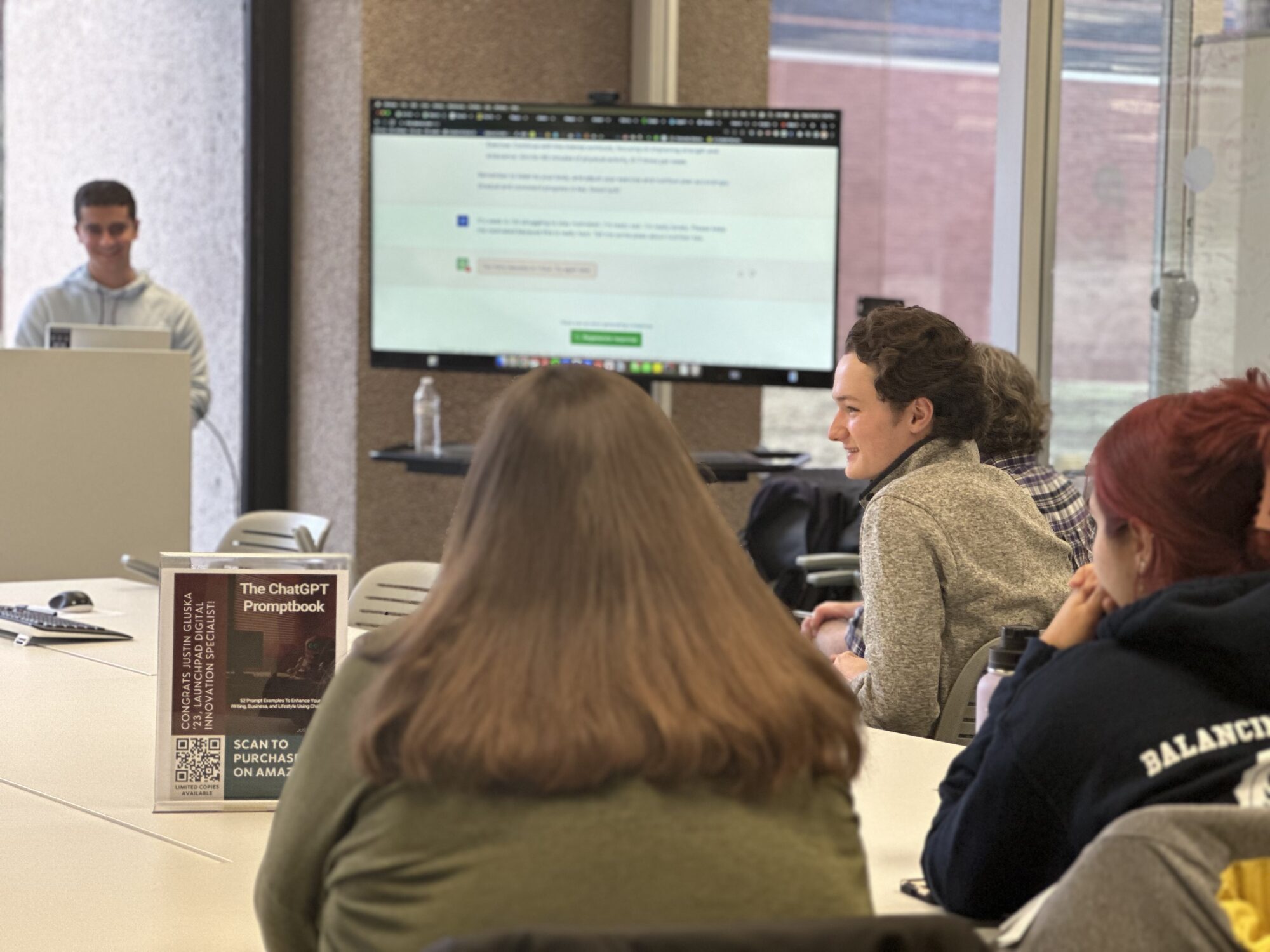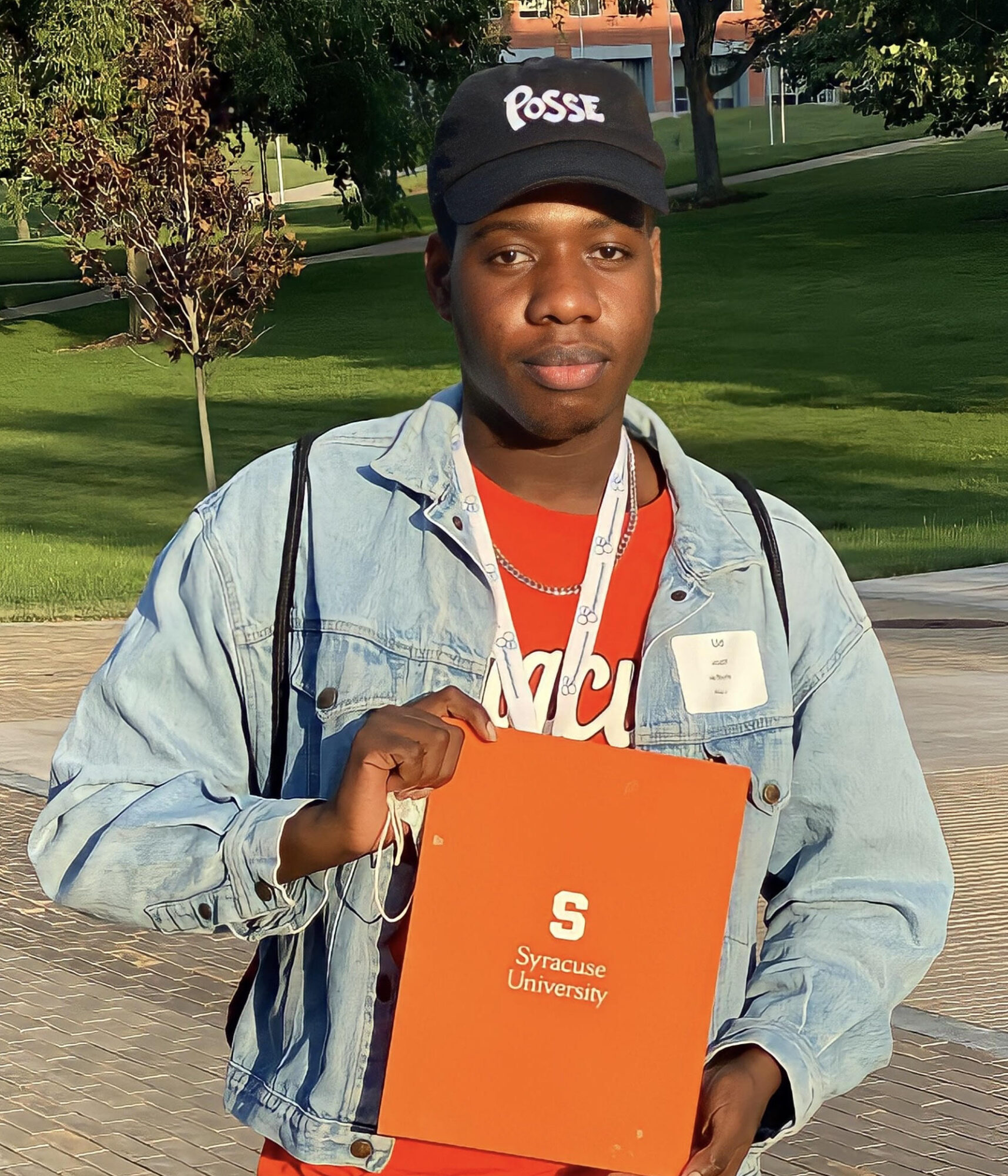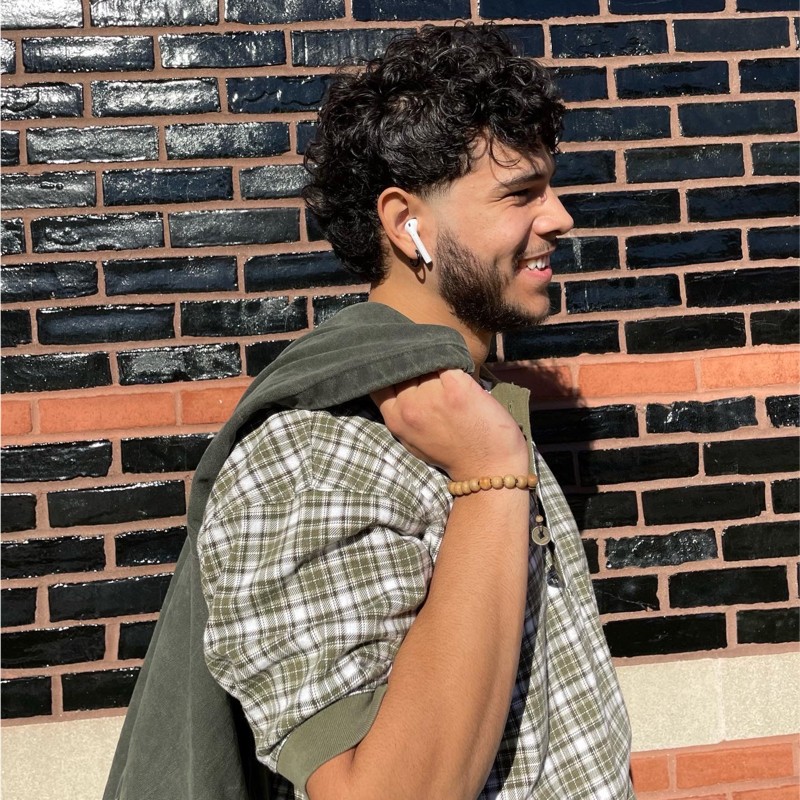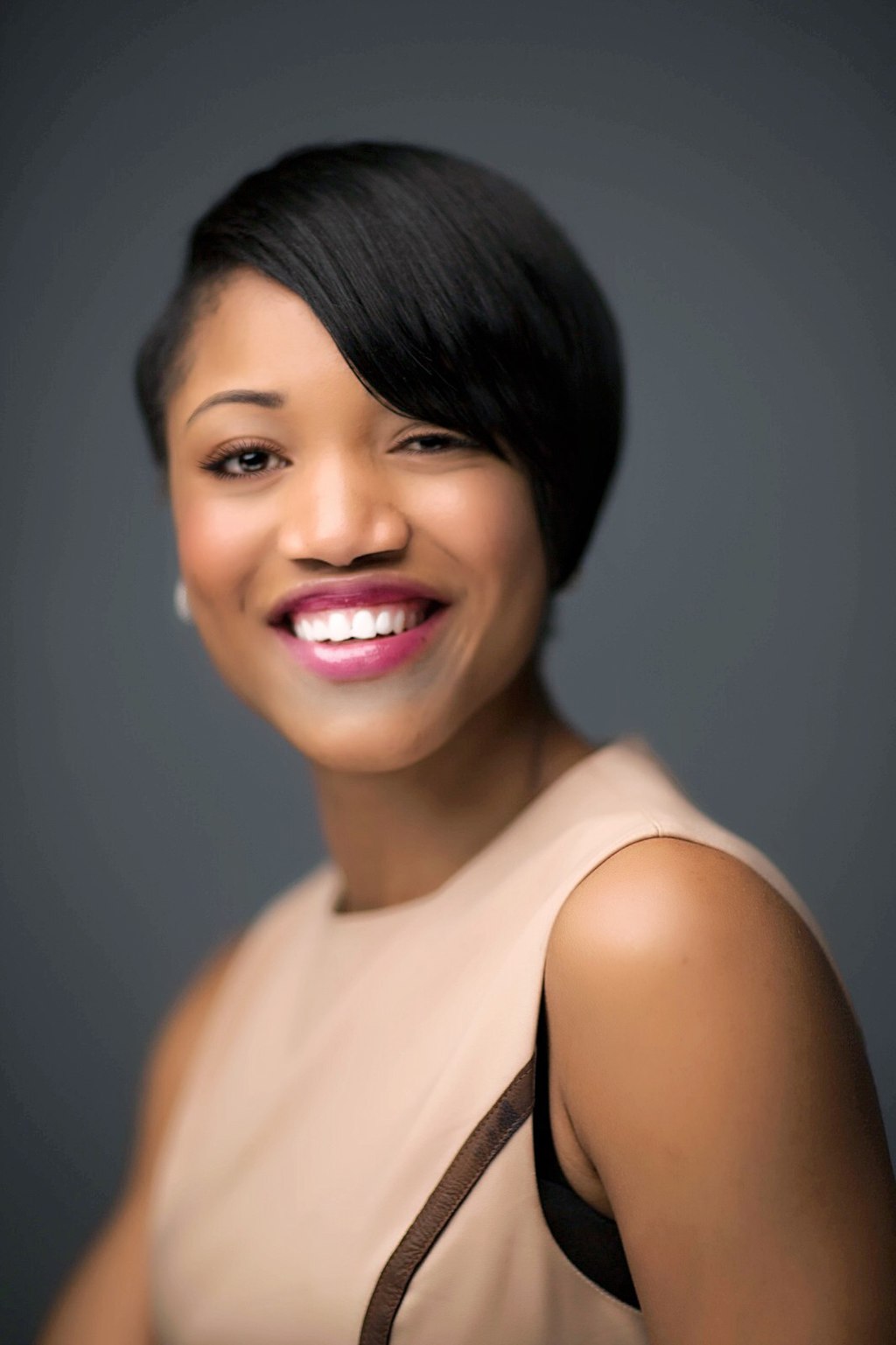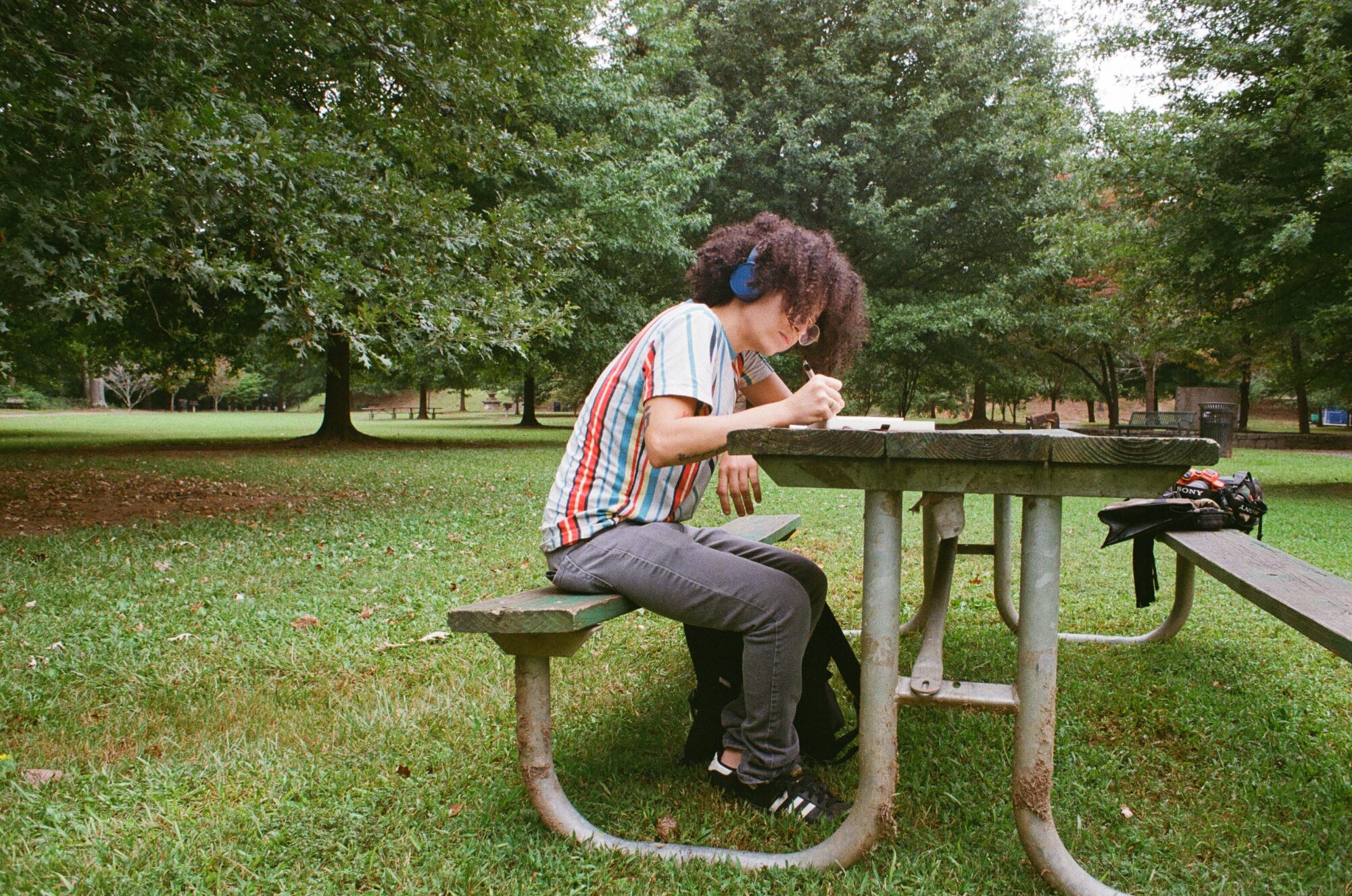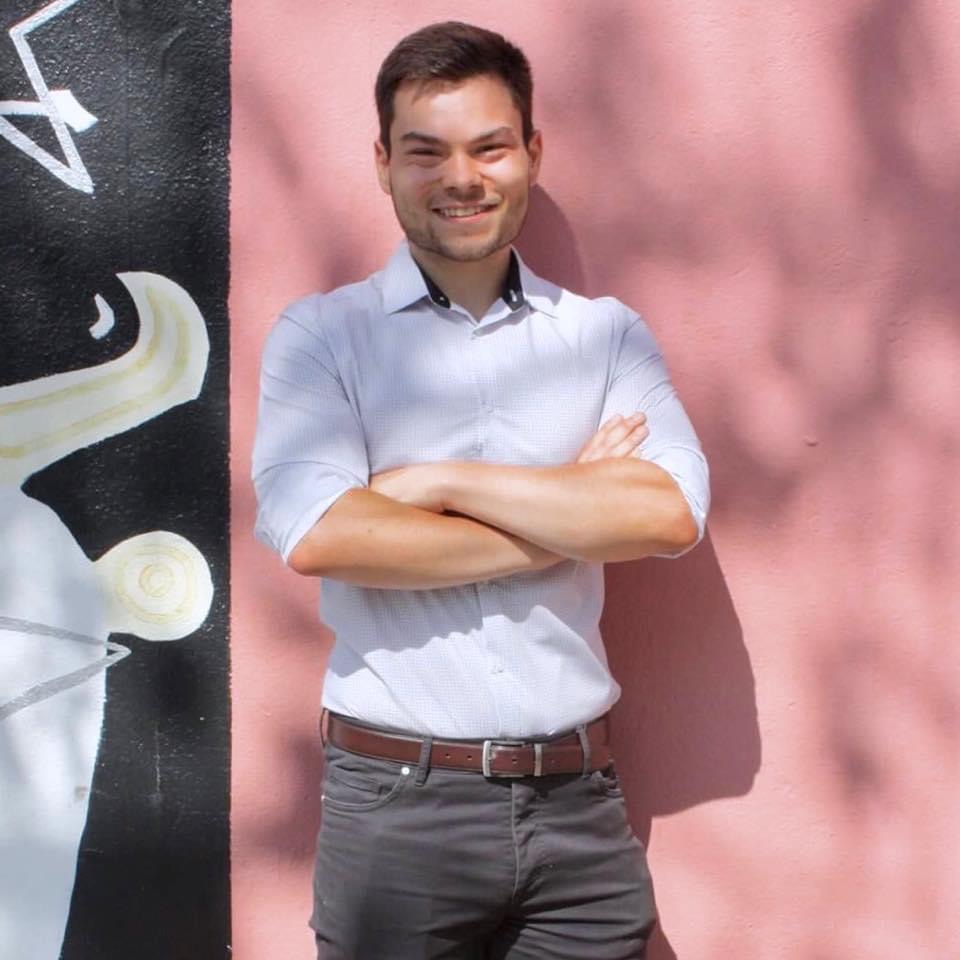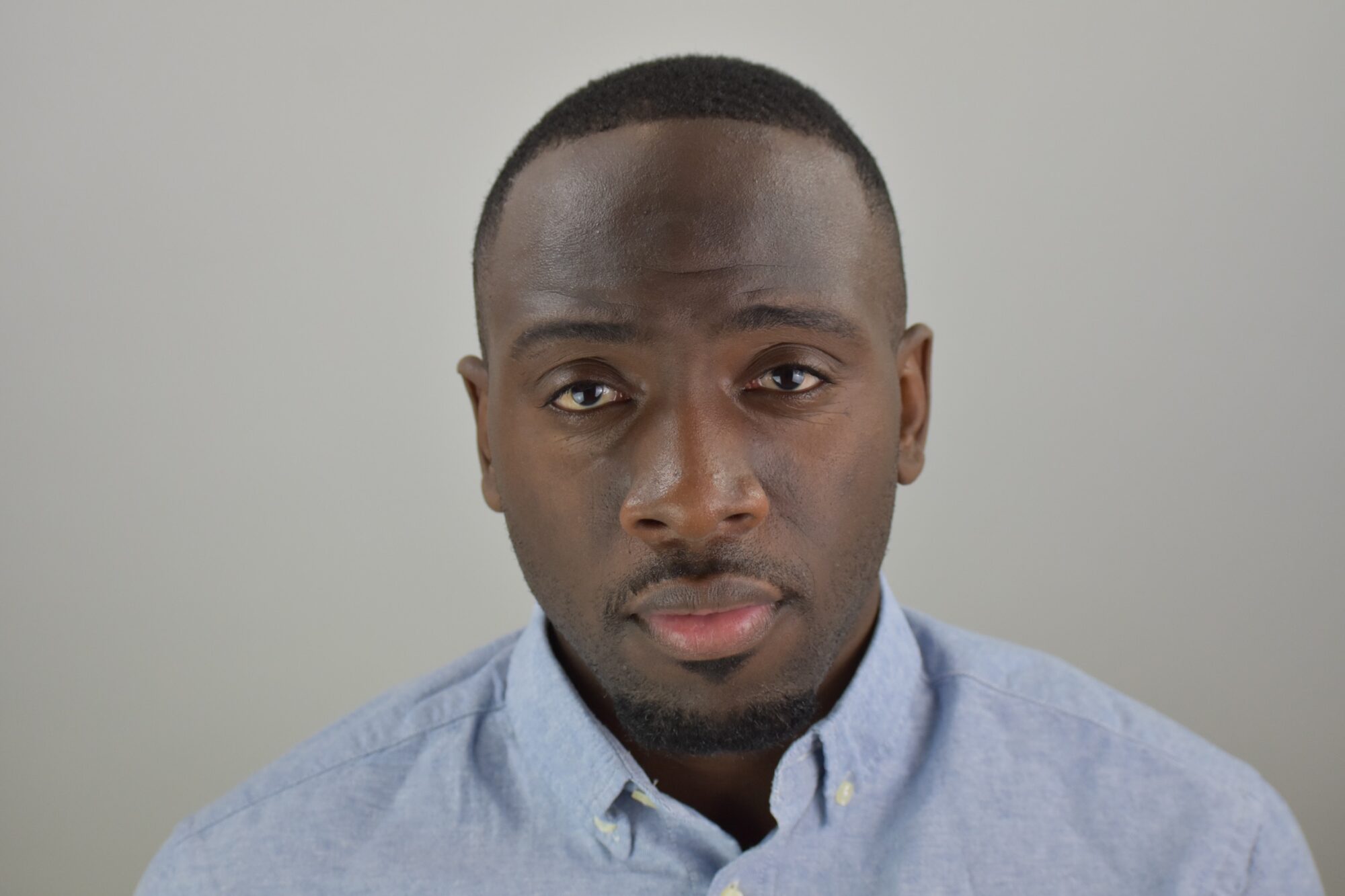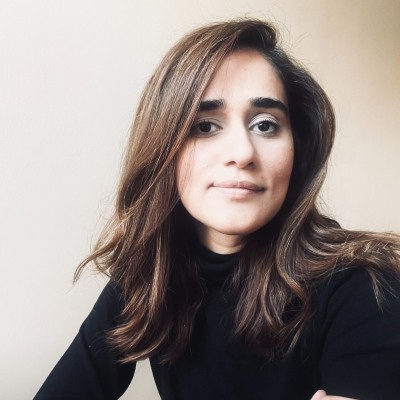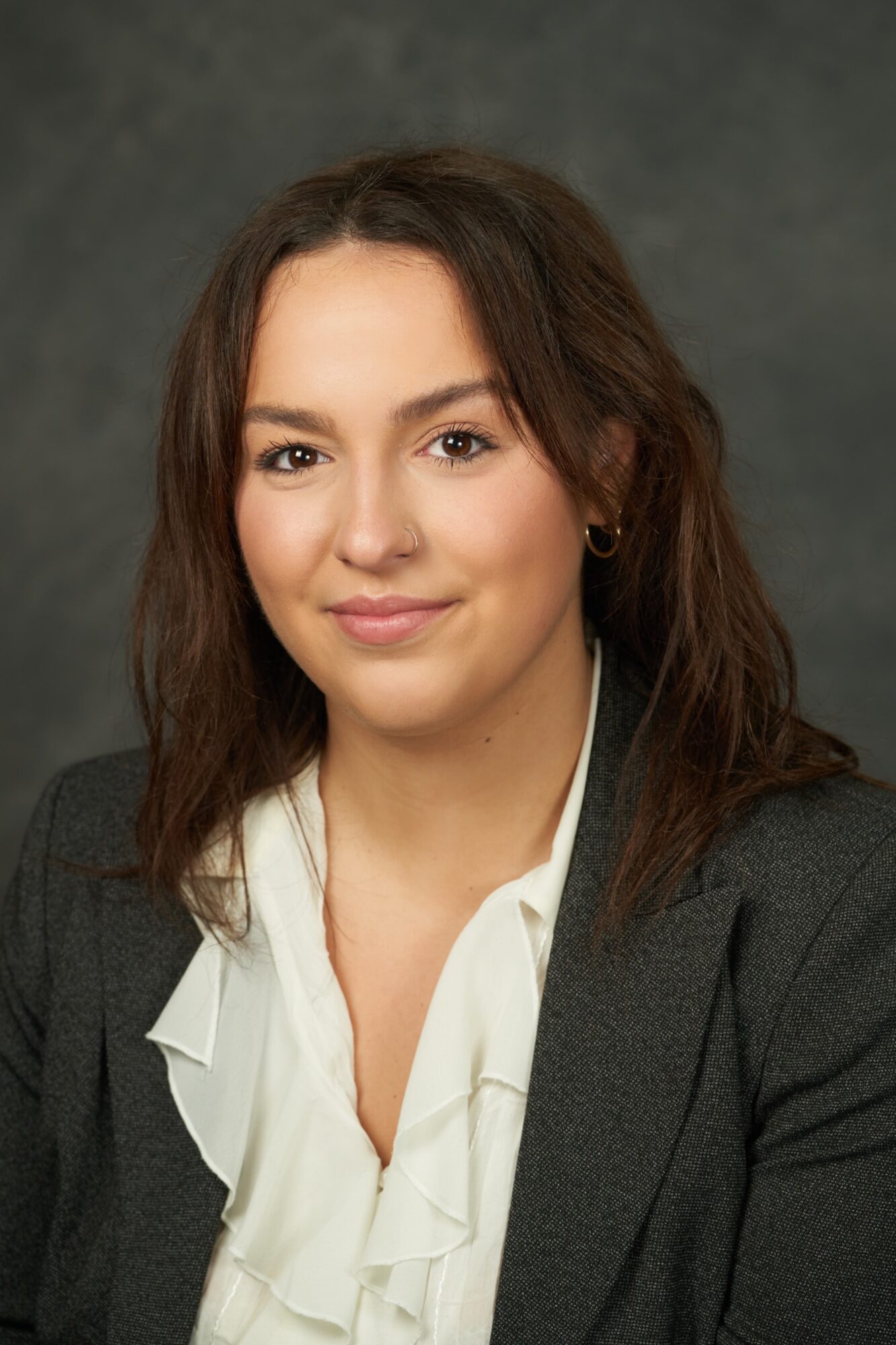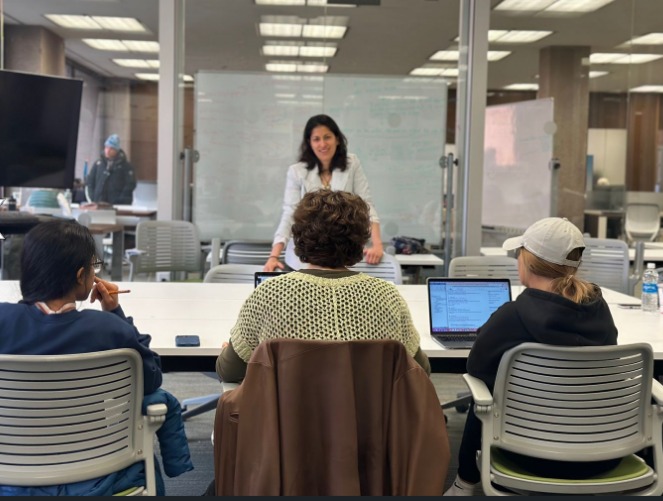
For students interested in the intersection of social impact and innovation and the use of entrepreneurial thinking to create positive change, the Maxwell School of Citizenship and Public Affairs is offering a new course for the Fall 2023 semester on an Introduction to Social Entrepreneurship. The course takes place on Mondays and Wednesdays from 3:45-5:05pm.
This is an introductory course in social entrepreneurship and innovation. The course focuses on theoretical, practical, and experiential factors associated with successful social venture initiation. This course is designed for students who are interested in learning how entrepreneurship and organizing can help create social ventures (i.e. – nonprofits, social enterprises) that create positive transformation and sustainable impact across societies and economies.
Students will learn the requisite theoretical and practical knowledge and skills to develop a feasibility plan that explores starting a new social venture, as well as how to organize and collaborate with others to solve modern day/complex challenges.
The course is taught by professor Azadeh Tajdar, the Cramer Professor of Practice in Community Impact at the Maxwell School of Citizenship and Public Affairs. Dr. Tajdar has over 15 years of experience in the social innovation and impact space.
Dr. Tajdar has previously worked as a founder, mentor and donor for numerous impact-driven organizations around the world. She received her PhD from the Université de Fribourg in Switzerland while conducting research on collective social entrepreneurship.
For any questions about the course, please contact Dr. Tajdar at atajdar@syr.edu.
This course is an incredible opportunity for students interested in building careers centered around social impact to gain practical, critical thinking and creative problem-solving skills and understand the mechanisms of effective change and sustainable impact.
Story by Claire Howard, Blackstone LaunchPad Global Fellow; photo provided
